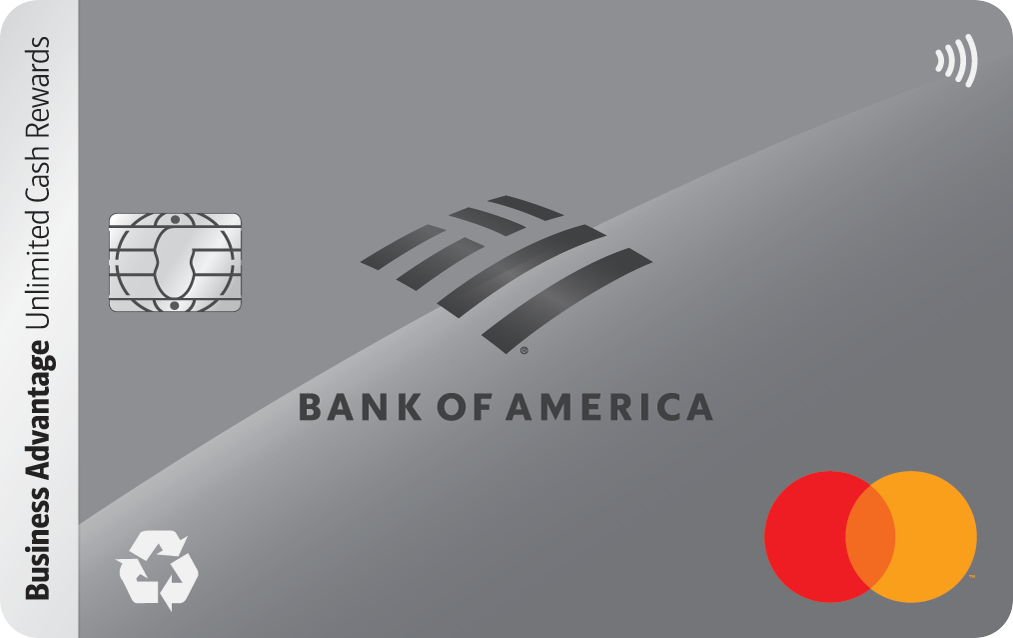3 Mistakes You Can't Afford to Make When Choosing the Right Bank for Your Savings

Image source: Getty Images
KEY POINTS
- Online high-yield savings accounts earn nearly 60 times the APY of average checking accounts.
- Beware of sneaky junk fees, because these eat away at your savings.
- Always make sure your savings account is protected by FDIC insurance.
At one point, I had over $20,000 sitting in my regular checking account earning just 0.01% APY. That's a whole $2 per year in interest. But you know what happened when I wised up and switched to a high-yield savings account (HYSA) paying over 4.00%? I earned almost $800 for the year.
This is a common mistake. In fact, a recent survey found 82% of Americans don't utilize high-yield savings accounts. Choosing the wrong type of bank means leaving hundreds -- or thousands -- of dollars on the table.
If you're sitting on a sizable cash pile, here are three common mistakes you should avoid when picking a place to store it.
1. Settling for an ultra-low APY
According to FDIC data, the national average interest rate on a checking account is 0.07% APY. That's not just low -- it's microscopic.
To be fair, checking accounts aren't built as savings vehicles. They're meant for everyday banking and money management.
Meanwhile, for long-term cash storage, online high-yield savings accounts are currently offering 4.00% to 4.50% APY. The difference is huge. Even at 4.00%, you'd be earning nearly 60 times the average checking account APY.
Here's a 12-month comparison:
| Balance | Checking (0.07% APY) | HYSA (4.10% APY) |
|---|---|---|
| $5,000 | $3.50 | $205 |
| $10,000 | $7.00 | $410 |
| $25,000 | $17.50 | $1,025 |
To do this week: Check your bank statements and see how much interest you earned last year. If it was less than a few dollars, you owe it to yourself to switch to a higher growth account!
My favorite high-yield savings account right now? Start saving 4.00% APY for balances of $5,000 or more with a CIT Platinum Savings account. Open an account today.
2. Overlooking hidden fees
Even if your bank advertises "free" savings accounts, they may be quietly charging:
- Monthly maintenance fees for low balances
- Paper statement fees
- Withdrawal limits or penalties
- Transfer fees between accounts
If your savings are growing by 1%, but you're losing $10/month in fees? That could be a net loss.
Many online banks have no monthly fees, no minimum balance requirements, and free transfers. That means more of your money stays exactly where it belongs -- in your account, working for you.
3. Stashing your savings somewhere that's not FDIC insured
It's easy to assume your money is always safe in a digital account. But that's not always the case!
Many popular payment apps (like PayPal, Venmo, and Cash App) aren't FDIC insured by default. That means if the company goes under, you could lose your money.
Flashy fintech accounts and crypto platforms don't offer the same protections as a traditional bank or credit union.
FDIC insurance means that if the bank fails, you still get your money back. Insurance is up to $250,000 per depositor, per institution.
Don't worry -- ALL of the high-yield savings accounts we love and recommend are FDIC members. Your savings are safe!
Your next smart move
Don't settle for a sub-par bank account -- especially if you have a high balance ($5,000 or more) that could be earning you a decent amount in interest.
Take 10 minutes today to investigate your current savings account. Look for a competitive APY, no sneaky fees, and full FDIC insurance. If it doesn't check all three boxes, open a new HYSA today and get your dollars working harder for you.
Our Research Expert



